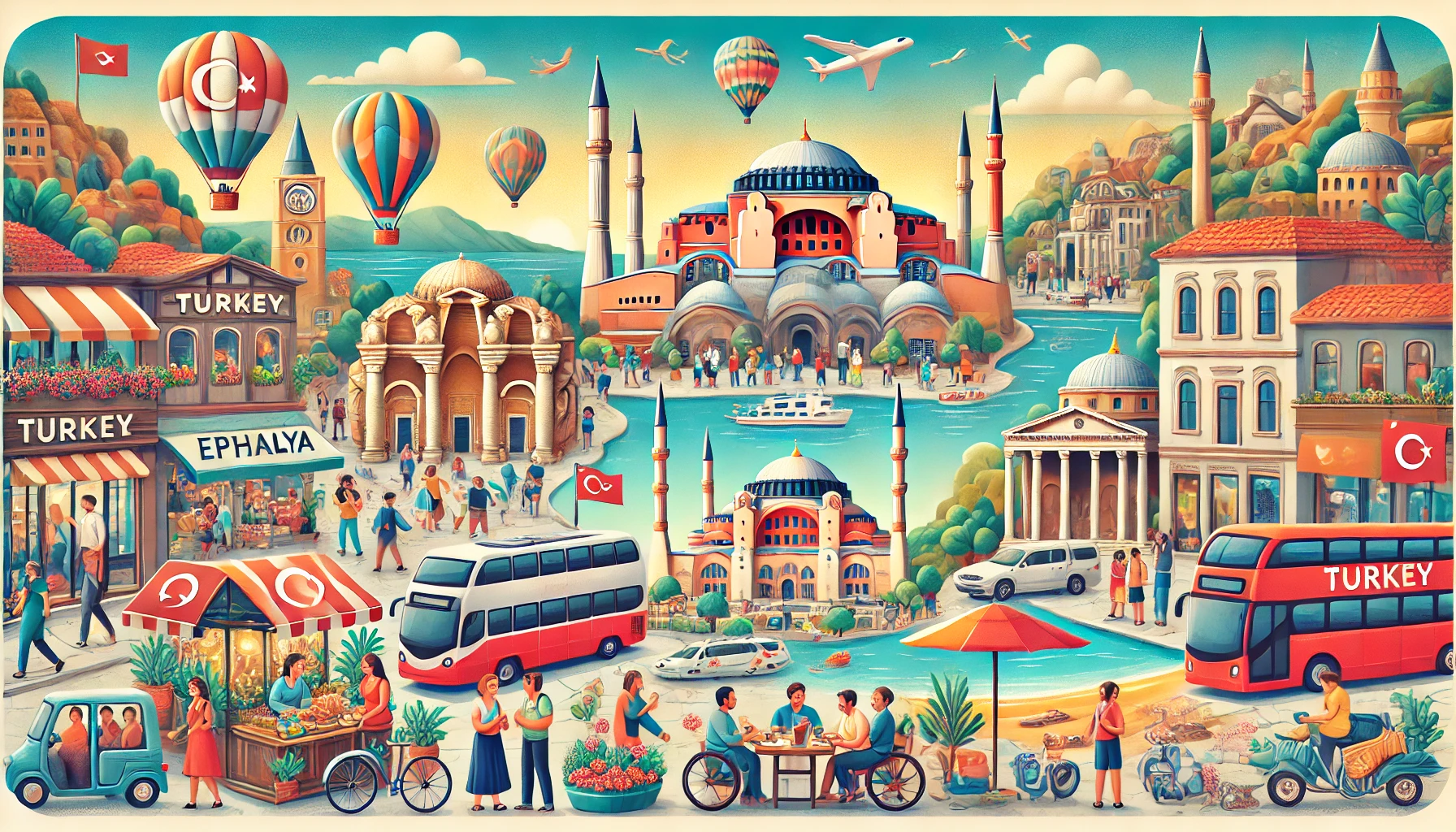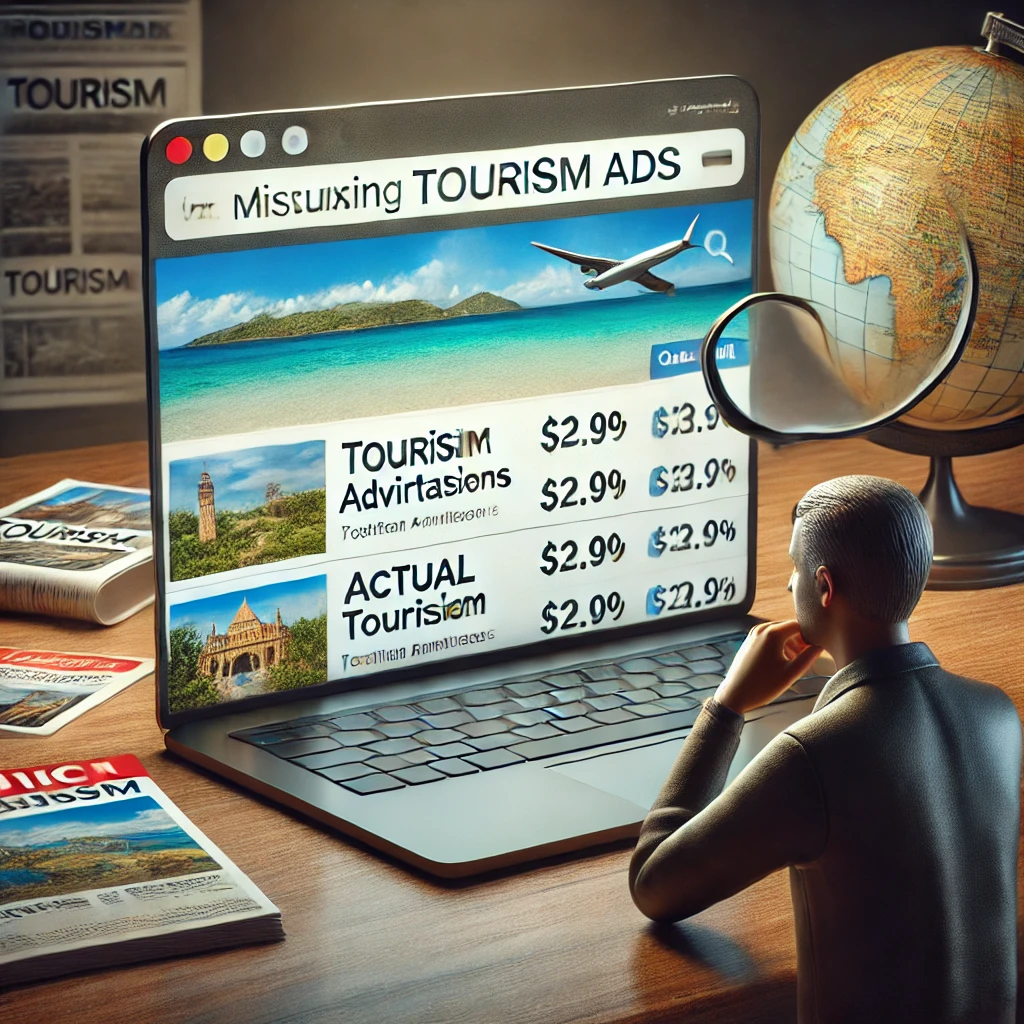Tips for Respectful and Responsible Travel in Turkey
Exploring Turkey’s rich culture, stunning landscapes, and historical marvels can be a life-changing experience. However, being a responsible and respectful tourist ensures that you contribute positively to the local community and environment. Here are some essential tips to help you become a better tourist in Turkey’s most visited cities.
1. Avoid the ‘Crap’ Economy
Description:
When traveling, it’s tempting to settle for the most convenient options, but this often means supporting subpar businesses. Crap restaurants, tours, pubs, and shops can detract from your experience and do little to support the local economy.
Tips:
- Research and choose reputable establishments.
- Ask locals for recommendations.
- Read reviews on trusted platforms before making a decision.
2. Show Respect to Locals
Description:
Respecting local customs, traditions, and people is crucial for a harmonious travel experience. Your behavior can significantly impact how tourists are perceived in the future.
Tips:
- Learn a few basic phrases in Turkish.
- Dress appropriately, especially when visiting religious sites.
- Be polite and patient in all interactions.
3. Put the Phone Down
Description:
Constantly being on your phone can prevent you from fully immersing yourself in the moment. Walking around without focusing on updating your Instagram story or capturing content for reels can be transformative.
Tips:
- Set specific times for taking photos and updating social media.
- Engage with your surroundings and interact with locals.
- Savor the experiences rather than just documenting them.
4. Step Outside Your Comfort Zone
Description:
Traveling is about new experiences. Trying unknown dishes and engaging in unfamiliar activities can make your trip more memorable and authentic.
Tips:
- Choose local dishes over familiar ones.
- Participate in cultural activities and festivals.
- Visit lesser-known attractions and neighborhoods.
5. Visit in the Off-Season
Description:
Traveling during the off-season can enhance your experience with fewer crowds and more affordable accommodations. It also reduces the strain on local businesses and infrastructure.
Tips:
- Plan your trip during shoulder seasons (spring and fall).
- Enjoy a more relaxed pace and better service.
- Experience the city like a local without the tourist rush.
6. Incorporate Your City Break into a Longer, Slower Trip
Description:
Rather than rushing through multiple destinations, consider traveling slowly or regionally. This allows for a deeper connection with the places you visit and reduces travel fatigue.
Tips:
- Spend more time in each location.
- Explore nearby regions and lesser-known towns.
- Use local transportation to get around.
7. Understand the Impact of Your Visit
Description:
Being aware of the potential negative impacts of tourism can help you make better choices. Respectful behavior, proper waste disposal, and mindful consumption are essential.
Tips:
- Avoid littering and dispose of waste properly.
- Respect public spaces and the privacy of locals.
- Support eco-friendly businesses and practices.
8. Support Local Artisans and Markets
Description:
Buying from local artisans and markets not only helps the local economy but also allows you to bring home unique and meaningful souvenirs.
Tips:
- Visit local markets and craft shops.
- Purchase handmade goods and locally produced items.
- Avoid mass-produced souvenirs.
9. Use Public Transportation
Description:
Using public transportation reduces your carbon footprint and gives you a more authentic experience of the city.
Tips:
- Learn about the local public transportation system.
- Use buses, trams, and metros to get around.
- Consider renting a bike or walking for shorter distances.
10. Be Mindful of Your Energy Consumption
Description:
Simple actions like turning off lights and air conditioning when not needed can make a big difference in conserving energy.
Tips:
- Turn off electrical devices when not in use.
- Reuse towels and linens in hotels to reduce water and energy use.
- Opt for energy-efficient accommodations.
11. Respect Cultural Sites
Description:
Turkey is home to many historical and cultural sites that need to be preserved for future generations. Respect these sites by following guidelines and showing reverence.
Tips:
- Do not touch or climb on ancient structures.
- Follow photography rules, especially in religious sites.
- Stay on designated paths to protect the surroundings.
12. Engage in Responsible Wildlife Tourism
Description:
When interacting with wildlife, choose ethical experiences that prioritize the well-being of animals.
Tips:
- Avoid attractions that exploit animals.
- Support conservation efforts.
- Do not feed or disturb wildlife.
13. Participate in Local Workshops and Classes
Description:
Learning a local craft or taking a cooking class can enrich your travel experience and help support the local community.
Tips:
- Join a traditional cooking class.
- Learn local crafts like pottery or weaving.
- Participate in cultural workshops and performances.
14. Practice Patience and Open-Mindedness
Description:
Traveling can present unexpected challenges. Being patient and open-minded can turn potential frustrations into opportunities for growth and connection.
Tips:
- Embrace cultural differences and learn from them.
- Approach new experiences with curiosity.
- Be flexible with your plans and enjoy the journey.
15. Share Your Positive Experiences
Description:
Sharing your positive experiences can encourage others to travel responsibly and support good practices.
Tips:
- Write reviews for excellent services and attractions.
- Share your experiences on social media with an emphasis on responsible travel.
- Recommend ethical businesses to fellow travelers.
By following these guidelines, you can ensure that your visit to Turkey’s most visited cities is not only enjoyable but also respectful and beneficial to the local communities. Travel responsibly and make a positive impact on the places you visit, creating lasting memories and fostering goodwill wherever you go.
Latest Update: Jul 30, 2024
Your Content Goes Here
A brief summary of the key points in this article.




